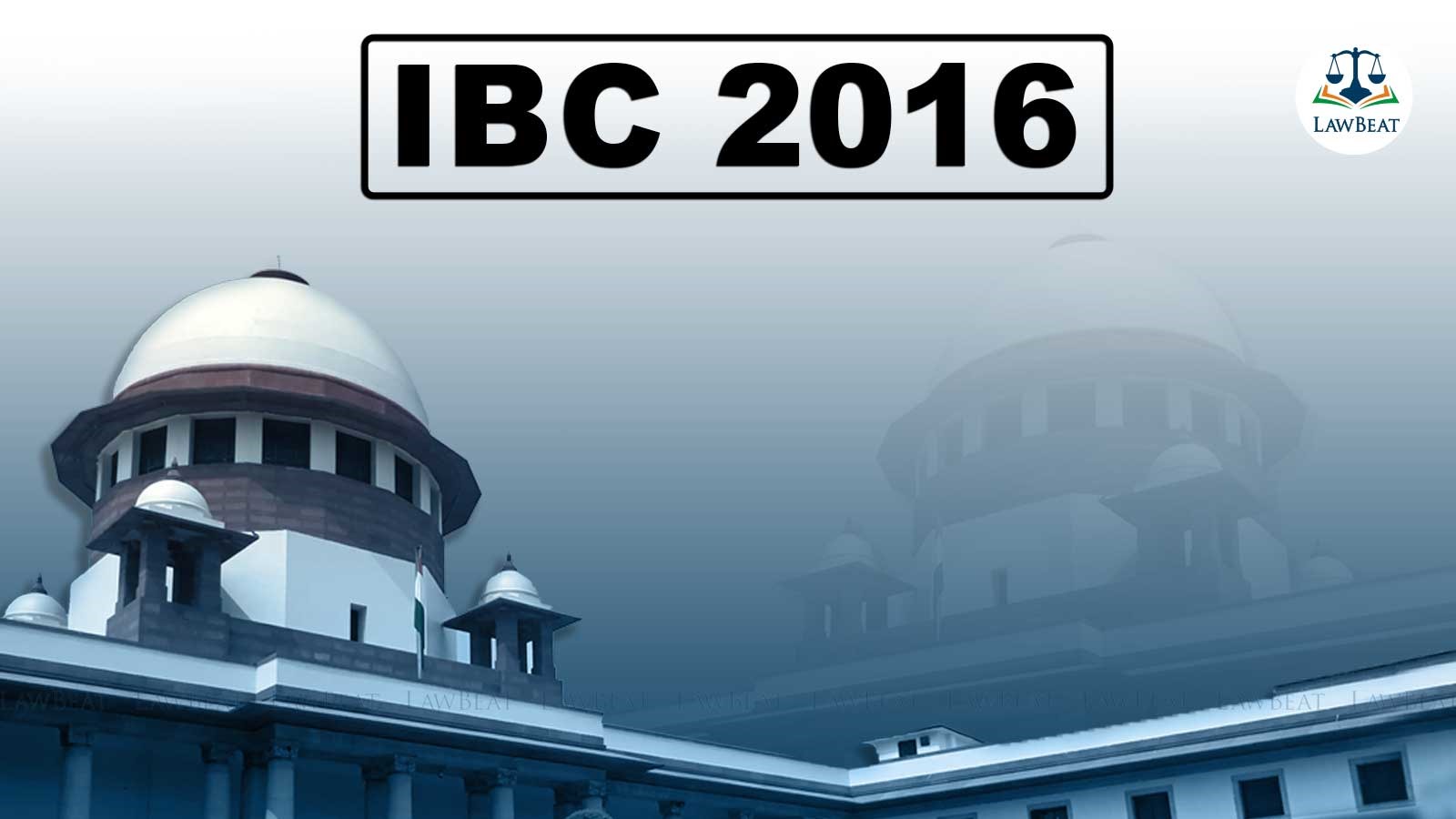Time For Filing Appeal Under IBC 2016 Starts Only After Order Is Uploaded: Supreme Court

The Supreme Court was hearing an appeal filed by one former director of the corporate debtor against the order of the NCLAT rejecting its appeal because it was not filed within the limitation period of 45 days as prescribed under Section 62 of the IBC 2016
The Supreme Court has recently held that the period given under the Insolvency and Bankruptcy Code 2016 for filing an appeal would start only after the appealable order is uploaded on the website.
“In these circumstances, limitation would not begin to run on 17 May 2023 which was the date on which hearings concluded. As no order was passed before 30 May 2023, there was no occasion for the appellant to lodge an application for a certified copy on 17 May 2023. Time for filing an appeal would commence only when the order appealed from was uploaded since prior to that date no order was pronounced,” the order states.
The three-judge bench of the Supreme Court comprising Chief Justice DY Chandrachud, Justice JB Pardiwala and Justice Manoj Mishra was hearing an appeal filed by one former director of the corporate debtor against the order of the NCLAT rejecting its appeal because it was not filed within the limitation period of 45 days as prescribed under Section 62 of the IBC 2016.
A financial creditor, Vistra ITCL filed an application before the NCLT Mumbai under Section 7 seeking to initiate Corporate Insolvency Resolution Process (CIRP) against Evirant Developers Private Limited, the corporate debtor.
The corporate debtor, in response, filed an application alleging that the creditor filed the application after colluding with other former directors.
The matter was heard by the NCLT Mumbai on 17th May 2023, but no order was passed. However, the Registry uploaded the order on 30th May 2023, which carried the date of 17th May, dismissing the application.
The order stated that the application was filed without authorization of the board and was filed with the intent to delay the proceedings.
The appellant applied for a certified copy on 30th May, received it on 1st June, and e-filed the appeal on 10th July 2023.
The appellant contended before the NCLAT that the limitation of 45 days should commence from 30th May when the order was uploaded. He submitted that the period from 5th June to 2nd July should be excluded as the NCLAT was closed.
The NCLAT rejected the contention and stated that the limitation period would start from 17th May. It further stated that although the NCLAT was closed, the registry was open during vacations. The appellant then filed an appeal before the Supreme Court against the order of the NCLAT.
The Supreme Court referred to the NCLT rules and said that the NCLT should refrain from affixing the same date of the hearing on the order of judgment.
“To avoid situations such as these, in cases where the matter has been heard on a particular day but the order is pronounced on a later date, the NCLT must refrain from affixing the date of hearing on the order. Such an approach would be a violation of the NCLT Rules, which create a distinction between hearing and pronouncement and do not allow the NCLT to dispense with the requirement of pronouncement,” the order states.
The Supreme Court also appreciated the swift action of the NCLAT in not filing hard copies in appeal/Interlocutory Applications/Reply/Rejoinder.
“We must appreciate the swift action taken by the NCLAT in view of the above observations. On 15 May 2023, soon after the decision in Sanket Agarwal (supra), an order was issued by the Registrar, NCLAT noting that “filing of hard copies of Appeals/ Interlocutory Applications/ Reply / Rejoinder etc. shall not be mandatory with immediate effect.” Such proactive action by tribunals is essential to ensure that the move towards a modernized and technology-friendly judiciary trickles down to every judicial forum across the country. We record our appreciation of the proactive steps taken by the Chairperson, Members and the Registry of the NCLAT,” the order reads.
Even though the period for filing the appeal was calculated from 30th May, the appeal was filed only on 10 July, which is after the expiry of the 30-day appeal period but before the 45 days for which the delay has to be condoned.
The Supreme Court restored the case before the NCLAT and directed the NCLAT to decide if the appeal could be condoned.
Case title: Sanjay Pandurang Kalate vs Vistra ITCL (India) Limited and Others
